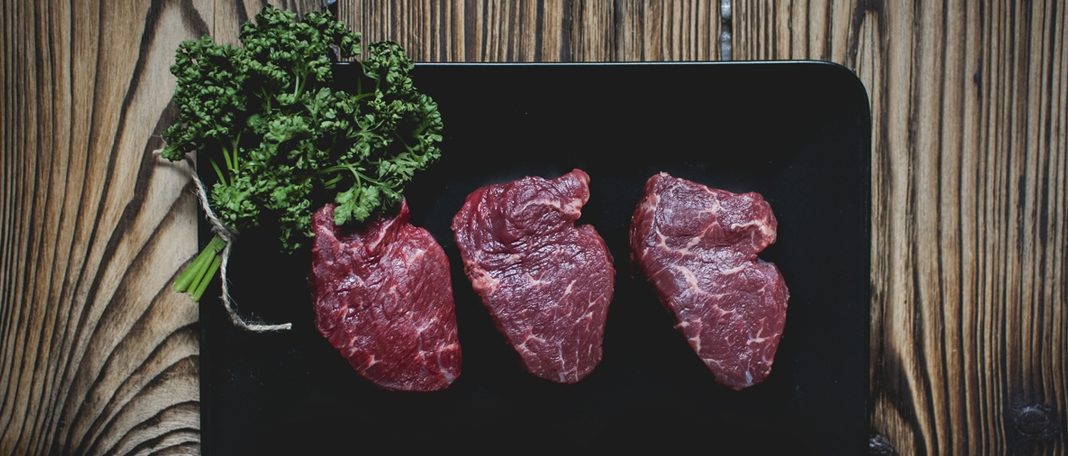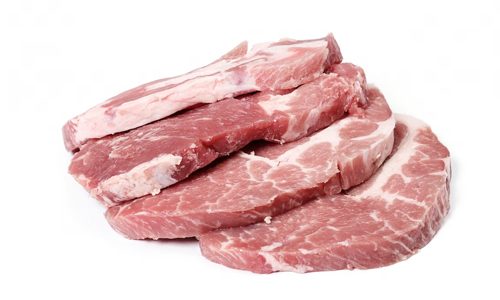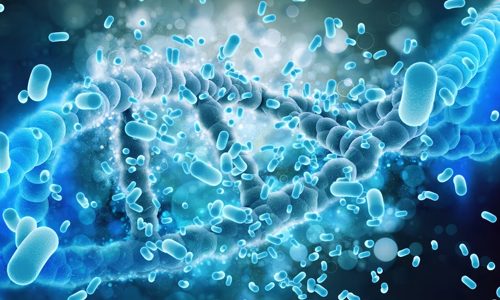Though eating raw meat is a common practice around the world, there is no proven fact that it is safe. Some people believe it to be healthier than cooked meat without considering the dangers of eating raw meat. Some cultures promote the consumption of raw meat. For example, the Inuit people of Canada have a tradition of eating seals, whales, and other raw meat. Some even enjoy the texture and flavor of raw meat, such as oysters, clams, etc. It is common to eat and reap the benefits of raw food but, is raw meat good for health?
Humans are omnivores and have the digestive juices to break down both cooked and raw meat. Typically, there is no link between raw meat and digestive issues. So, the health risks associated with raw meat are not related to indigestion but rather to infections. According to statistics, 48 million people in the US get sick due to foodborne germs and illnesses, and 3,000 die every year. Cooking kills microbes and germs, but consuming raw meat puts you at a high risk of contracting infections and diseases.
DIAAS of Raw Meat and Cooked Meat
The protein quality of food is estimated based on the Digestible Indispensable Amino Acid Score (DIAAS). The DIAAS of raw meat is 97 while boiled and pan-roasted meat also have similar values of 99 and 98 respectively. Interestingly, the raw liver therapy by Minot and Murphy to treat anemia suggests that the heat involved in cooking raw meat destroys nutrients and vitamins. The active ingredient of the entire treatment process is vitamin B12, which is destroyed during cooking. Heat can also destroy vitamin C. As per his research, raw meat contains enzymes that are beneficial for health and can be easier to digest.
What are the Dangers of Eating Raw Meat?
The health risks of uncooked meat include bacterial infection, parasite growth in raw meat, and food poisoning. Here are the most common issues reported all over the US concerning raw meat and food poisoning.
Salmonella Risk in Raw Meat
This is a very common bacteria that resides inside wild and domestic animals. It thrives in eggs, pork, and chicken, which can cause food poisoning. Salmonella infection can make you very ill, leading to symptoms such as nausea, vomiting, diarrhea, cramps, and fever. Symptoms typically appear 12-72 hours after consuming contaminated meat, with a recovery time of 4 to 7 days. Salmonella infections are often resistant to antibiotics and can be difficult to treat.
Trichinella Infection
Parasites in raw meat are one of the multiple causes of food poisoning. The larvae of this parasitic worm may be present in the raw meat of animals. Carnivorous animals are often infected, but omnivorous animals can also carry this parasite. Symptoms may include diarrhea, nausea, vomiting, stomach pain, tiredness, and fever, followed by severe headaches, chills, and muscle and joint pain. Heart and breathing problems can also occur if the infection is severe, and death is also possible.
Campylobacter Infection
These bacteria contaminate raw meat, eggs, and poultry. Dairy products that are not pasteurized can also transmit this infection. Campylobacter lives in the intestines of many animals and birds, spreading the infection to humans. Symptoms typically appear 2 to 5 days after consuming contaminated raw meat, with the most common symptom being bloody diarrhea, followed by vomiting, abdominal pain, fever, and fatigue. Raw meat bacterial contamination is a very common cause of food poisoning but people often fail to realize the dangers of eating raw meat.
What are the Health Benefits of Eating Raw Meat?
We have been discussing the dangers of eating raw meat. Let’s check the health benefits of eating raw meat.
What Meat is Safe to Eat Raw?
While it is generally recommended to cook meat thoroughly, there are certain types of meat that are considered safe to eat when sourced and handled properly.
1.Beef
High-quality, fresh beef can be consumed raw in dishes like beef tartare or carpaccio. It’s essential to use cuts that are specifically intended for raw consumption and obtained from trusted sources.
2.Fish
Certain types of fish are commonly consumed raw, such as sushi and sashimi. Popular choices include salmon, tuna, and yellowtail. It’s important to select sushi-grade fish that has been properly handled, stored, and frozen to reduce the risk of parasites in raw meat.
3.Shellfish
Some shellfish, like oysters and clams, can be enjoyed raw. However, they should be from reputable sources and served fresh to minimize the risk of bacterial contamination. Raw oysters are a popular delicacy, but you should know the risk factors of raw oysters before you consume them.
4.Lamb
In some cuisines, lamb is consumed raw as part of dishes like kibbeh nayyeh. It’s crucial to use high-quality lamb from trusted sources to ensure safety.
5.Pork
While pork is typically cooked thoroughly to eliminate the risk of parasites in raw meat, certain cured or salted pork products, such as prosciutto or pancetta, can be consumed raw. These products undergo specific processes that enhance safety.
The Most Common Raw Meat Dishes
Here are some of the famous delicacies prepared with uncooked meat and seafood that are served in restaurants across the world.
- Torisashi
- Steak Tartare
- Tuna Tartare
- Koi Soi
- Carpaccio
- Mett
- Ceviche
Though raw meat dishes are served at restaurants, they often come with a disclaimer that consuming raw and undercooked meat, seafood, shellfish, and eggs may increase the risk of foodborne illness. This warning informs people of the dangers of eating raw meat and that it may not be safe.
What Happens if You Eat Raw Meat Every Day?
Eating raw meat every day can pose serious health risks. Raw meat contains harmful bacteria like Salmonella, E.coli, or campylobacter, which can result in food poisoning and digestive issues. It is important to practice proper food handling and cooking techniques to reduce the risk of foodborne illnesses.
Is raw meat good for health? There is not sufficient data to prove the health benefits of eating raw meat compared to the dangers of eating raw meat. So, if you still want to eat raw meat, it’s important to prioritize food safety, proper handling, and sourcing from reputable suppliers. It’s always advisable to consult local food safety guidelines and regulations for specific recommendations regarding raw meat consumption in your area.





















